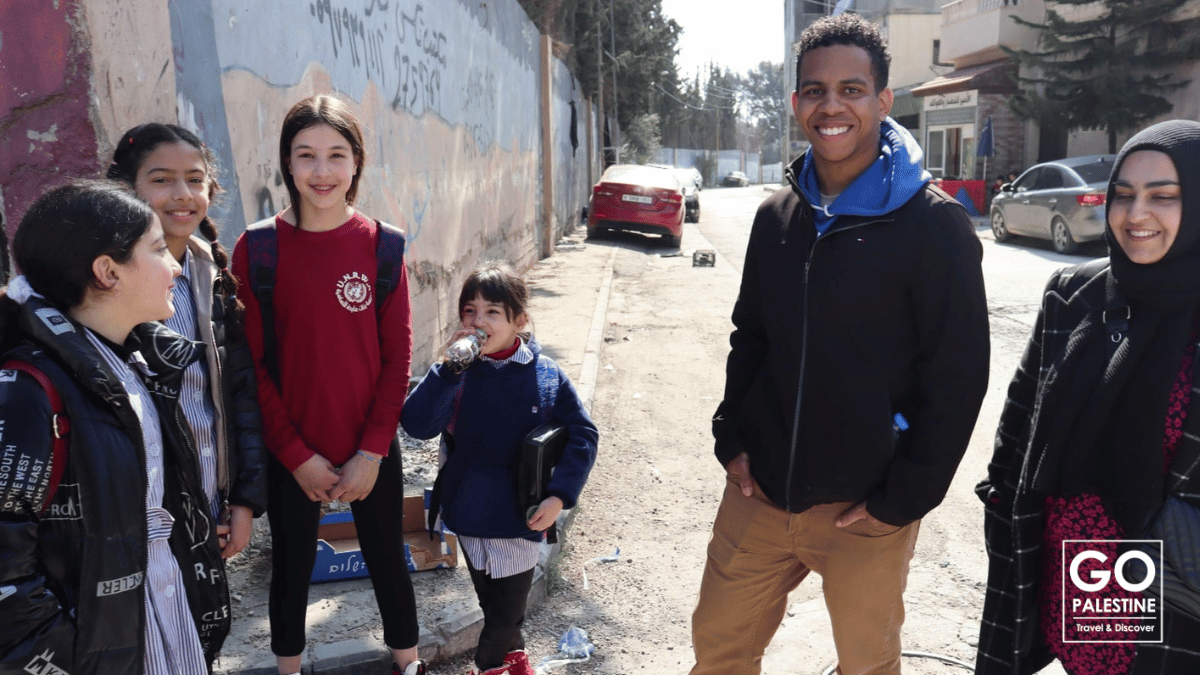
Are you interested in volunteering or interning in Palestine? Do you want to know more about what you can and cannot do once you have arrived? As an intern or volunteer at the Palestinian Center in Palestine, you will have a lot of freedom; however, it is necessary to note that there are some basic cultural customs, as well as spoken and unspoken rules that foreigners must follow when living in an Arab land like Palestine. These restrictions vary between men and women, and are also influenced by your housing arrangements made by the Palestinian Center.
Housing Rules
Let us first begin with the basic ground rules of living in housing provided by the Palestinian Center. As a male volunteer or intern, you will most likely be placed in an apartment-style dormitory residence with the other male volunteers. As a female, you will be assigned a host family that is located in proximity to the center.
Male Volunteers & Interns
In most cases, male volunteers and interns will live together in an apartment-style dormitory residence that is affiliated with the center. The best way to imagine this set-up is that it is similar to staying in a hostel or living in a university-style dormitory. There are two bedrooms with two to three bunk beds in each room, two bathrooms, a kitchen, a living/dining room, and a laundry area with a washing machine and a balcony to hang your clothes.
The apartment is for visitors, students, volunteers, and interns of the Palestinian Center only, and there are several rules that must be followed during your stay. The two biggest rules are that: Women are not allowed to enter the male dorm, even as visitors; and participants are not allowed to drink, possess, or transport alcoholic beverages at any time during their stay in Hebron or within the residence.
This is in order to avoid any uncomfortable situations that could arise with the local Muslim population. Breaking either of these rules could result in the termination of your contract with the Palestinian Center. Aside from these two restrictions, residents of the male dorm are expected to keep the apartment clean. Each week, residents should expect to: take out the garbage, sweep and mop the floors when dirty, tidy-up the kitchen, wipe down the stove and refrigerator, and clean the bathrooms. Completing these simple weekly tasks will ensure you have a positive and productive stay in Hebron. Lastly, men can request to be placed in a homestay but, due to cultural differences, this request is typically not honored.
Female Volunteers & Interns
Female volunteers and interns are exclusively placed in home-stays with local Palestinian families. Accommodations will vary depending on placement. Volunteers and interns will typically share a room with a member of the family or another volunteer or intern, but it is also possible that you will be offered your own room. Like accommodations, household rules will largely vary and depend on the family you are placed with. Having said that, there are a few simple rules that your family will likely expect you to follow.
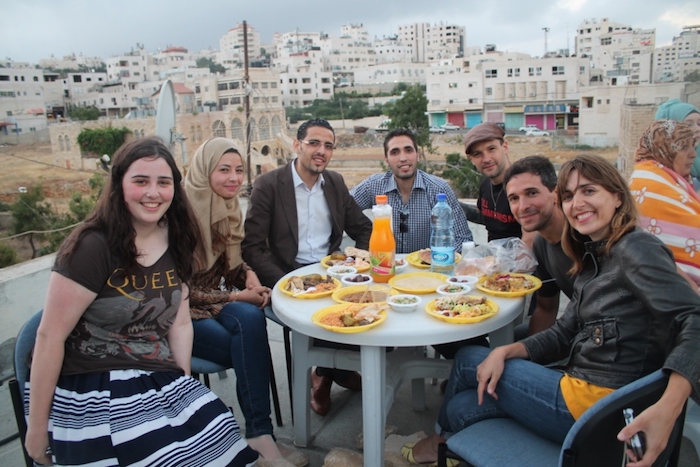
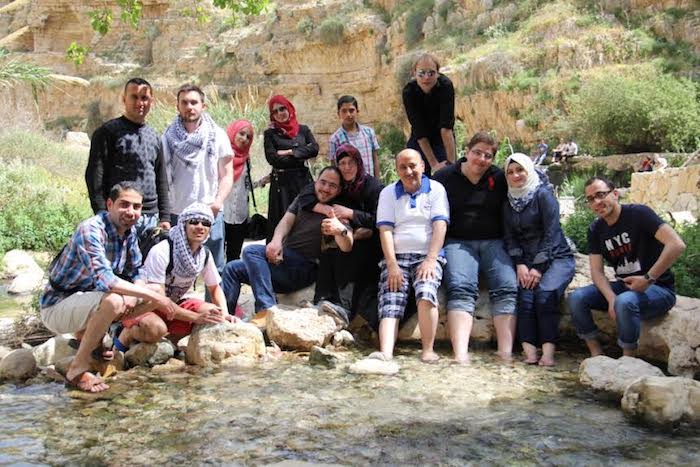
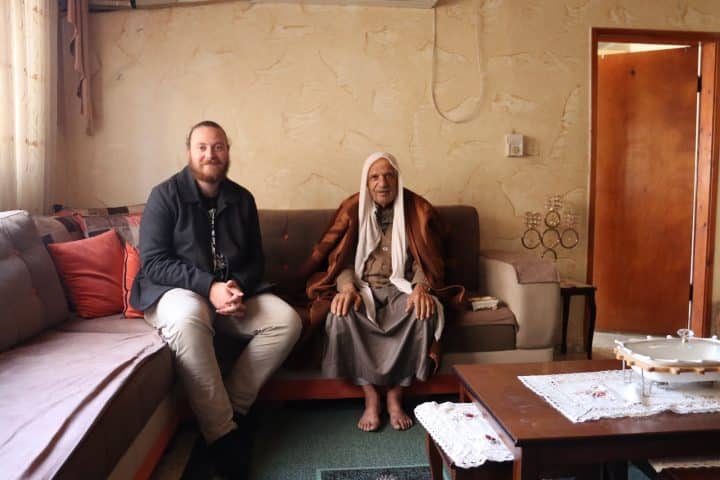
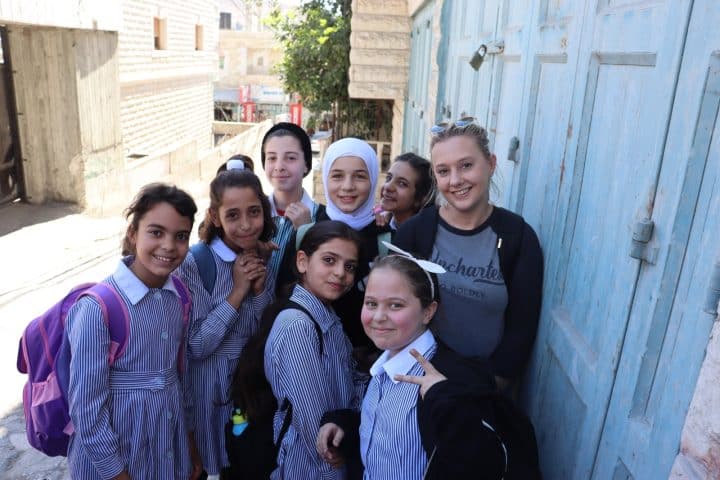
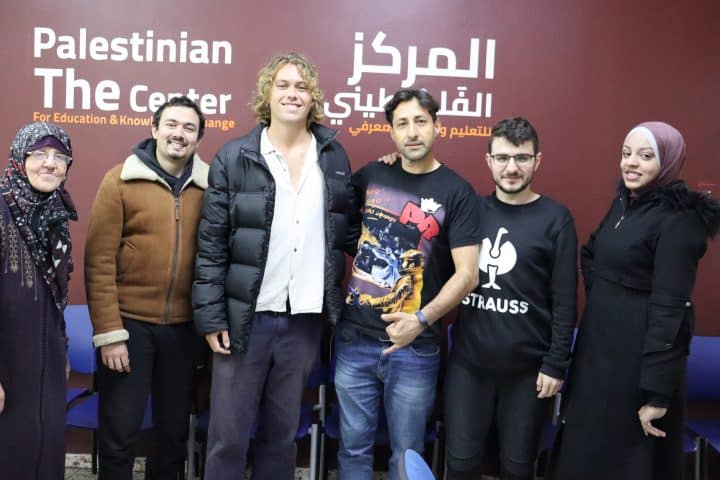
Walking around in revealing clothes at night will likely create discomfort amongst your family. Drinking alcohol is also prohibited and, if you are caught drinking, possessing, or transporting alcohol while you are in Hebron, your contract with the Palestinian Center could be terminated. Furthermore, male friends will not be permitted in your residence, unless explicitly invited over by your family. A general rule of thumb is to always act respectfully and ask permission before inviting friends over. Finally, it is not common to find women out late at night in a city like Hebron; therefore, many families will expect that you return home at a reasonable hour.
Political Activism
While political tension is a part of life living in the occupied West Bank, volunteers and interns are not allowed to engage or participate in any political actions or distribute any political questionnaires at the Center. You are also not allowed to ask any person inside the center for any formal or informal perspective for research or statistical purposes or any other ends without first obtaining an approval or permit to do so by the Palestinian Center administration. If you choose to do so, you consent to bear all legal responsibilities for any violations.
The Palestinian Center is not responsible nor accountable for any circumstances resulting from research. Additionally, while it is possible to observe local demonstrations, it is not advised to engage in any political activism in Palestine even if it is unaffiliated with the center. Doing so can result in legal consequences and issues with the Israeli authorities.
Cultural Customs
There are also several spoken and unspoken cultural customs that volunteers, interns, and foreigners should be mindful of when living in the West Bank. These customs vary depending on the city you are located in. Hebron is generally more conservative due to its large Muslim-majority population. Foreigners should not wear revealing clothing. Men are generally expected to wear pants, and women are expected to have their shoulders and legs covered. Furthermore, drinking alcohol in Hebron is not tolerated, and you will not find it for sale in any local shops or restaurants. It is also not typical for men and women who are not married to occupy the same public spaces, and public displays of affection are not welcomed. If you are a male introducing yourself to a woman, do not offer a handshake unless the woman initiates it. Many Muslim women refrain from physical contact with men for religious reasons.
It is also necessary to note that the West Bank has its fair share of cities with customs that are more Western in nature. This is because cities like Ramallah and Bethlehem have larger Christian-Palestinian populations that hold different values. In a city like Ramallah, it is possible for foreigners to consume alcohol at local bars and restaurants, but excessive drunkenness is frowned upon and one should again act more reserved in this capacity. It is also more common to see less conservative dress and men and women engaging with each other in public places, but again it is better to act more conservatively to avoid any potential issues.
Final Thoughts
If you follow these few simple rules and Palestinian cultural customs, you will have a positive and meaningful experience volunteering or interning at the Palestinian Center in Hebron!
